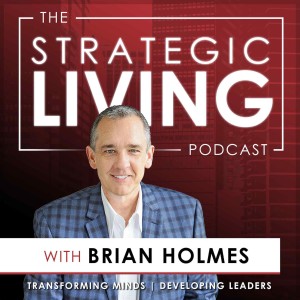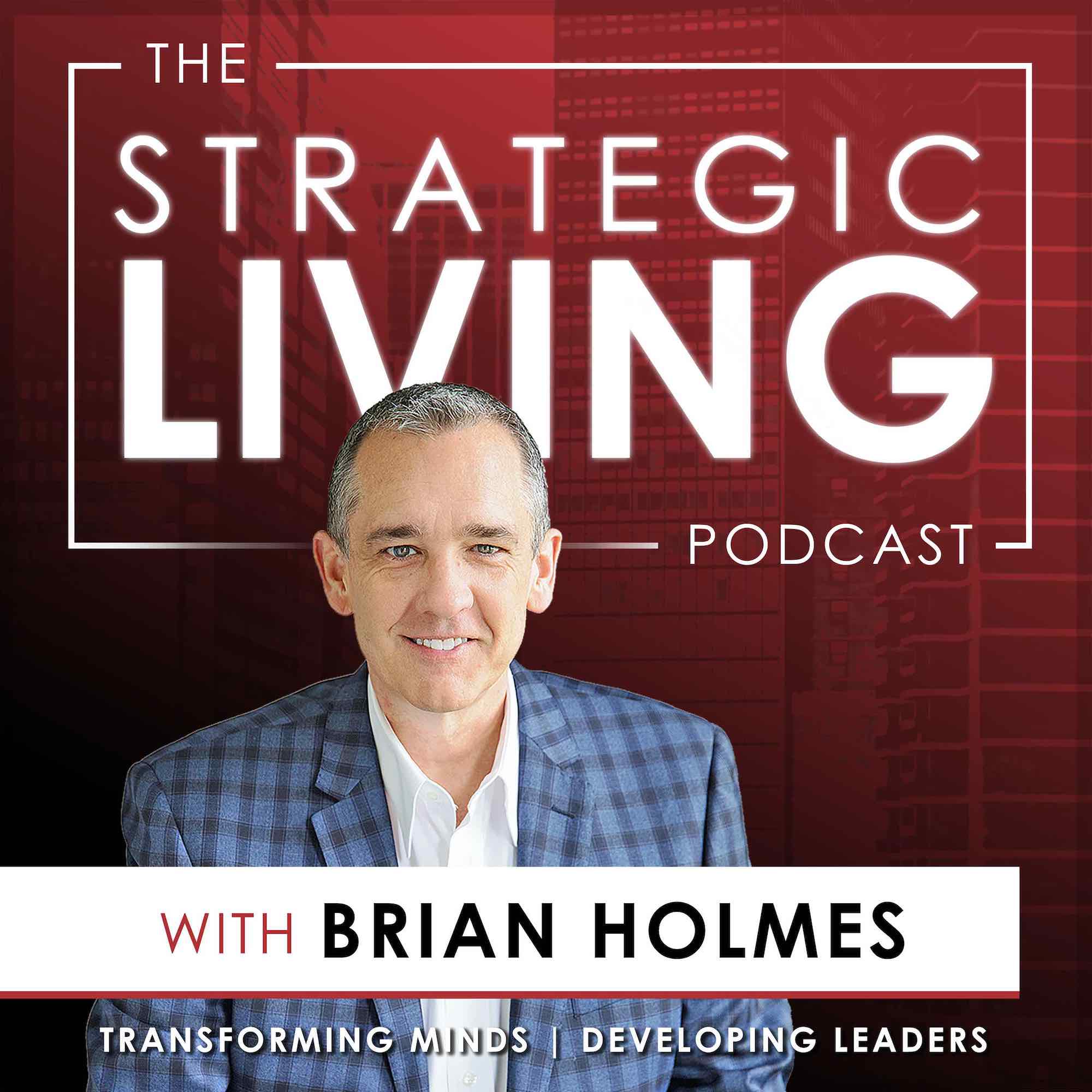Episodes

Wednesday Jan 15, 2020
SLP119 - How To Recognize and Successfully Navigate Significant Transition
Wednesday Jan 15, 2020
Wednesday Jan 15, 2020
There are many people experiencing some type of transition in their lives right now. Whether it’s in a career, relationships, faith, or life in general, we experience transition on a consistent basis. But, how do we know when we’re in transition? How do we identify, or even embrace, the end of a season in our lives?
I’m glad you asked! In this episode, I want to share with you the Four Stages of a Successful Transition AND the 7 Keys to Completing a Successful Transition!
Change is inevitable, but what will you do when change comes to you? Transition is something we’ll all experience. It’s the place between the way things were and the way they will be.
What is Transition?
The following excerpt was taken from an article www.Therarive.com
In the simplest terms, transition is change. In a broader sense however, transitions are life’s way of asking us to reexamine our present way of being. These transitions can be predictable such as a child leaving for college or marriage, or they can be unpredictable, such as the sudden death of a loved one or a traumatic accident. Whatever the degree or intensity of the event, every transition we experience has one thing in common. It forces us to make changes to our existing life. And with change, comes resistance. A major life transition literally closes one chapter of our life, and starts a new one, putting us in a new place and direction that we have not walked before. It is often a very difficult adjustment as we endure intense feelings of fear, doubt, and uncertainty.
Transitions typically mark an ending followed by a time of self-reflection, which hopefully, leads to a new beginning or outlook on life. Every life transition asks us to let go of a past way of thinking or doing. By doing so, we are given the opportunity to replace the old way of being with something new. During the transitional period, however, we usually feel uncomfortable, almost disconnected with our environment and even ourselves.
While this is natural to some extent, if you can’t move through this phase, these feelings can often overwhelm you, sending you spinning out of control into emotional turmoil. Many times, people turn to drugs or alcohol as a way to numb the anxiety and stress of these transitional times. Admittedly, life isn’t always fair, but often the most good comes out what seems at the time to be a completely overwhelming experience.
Whatever the transition, counseling with a professional counselor is an excellent opportunity to help you take stock of your life and move forward into your new beginning with less pain and resistance.
Transitions are difficult because we unconsciously or even consciously resist change. As humans, it seems like every fiber of our being is innately programmed to resist anything new or unknown to us, most likely a result of our basic self-preservation instinct. Whether we realize it or not, even good changes can cause us to feel stressed and uneasy. On some level, we are simply not comfortable with the unknown.”
4 Stages of Transition:
1. Discontent
- What has been no longer satisfies you. Much like pain and discomfort.
2. Disconnect
- If you’re going to embrace opportunities ahead of you, you must disconnect from the old (or current) practices. You can’t hold on to the past and embrace the future at the same time.
3. Discovery
- Pursue understanding of what your opportunities and possibilities are.
4. Deployment
- Full engagement in your calling.
Change is inevitable, progress is optional.”
~ Tony Robbins
7 Keys to Completing a Successful Transition:
1. Learn to recognize when something’s season has come to an end.
- Is there still passion? Fulfillment? Joy?
- Is what you’re doing bearing fruit?
- Is the relationship in question mutually beneficial?
- Is where you are limiting your forward, upward progress?
2. Embrace change.
- Grieve over the loss of the known, then anticipate the next chapter.
- Set your sights on what is ahead.
- Know change, properly handled, produces growth and progress, which produces new opportunities and prosperity.
3. Let go of the past.
- Hurts
- Failures
- Disappointments
- Relationships
- Past wins or successes
- Unforgiveness
4. Identify the opportunities.
- New relationships
- New career/business
- New circles
- New levels
- New ideas
5. Concentrate on growth areas.
- What do I need to know?
- What resources do I need to pursue?
- What areas in my life require personal development?
- What new disciplines must I acquire?
6. Commit to your future.
- Your next chapter is designed to be greater than the last.
- God has plans for you, and they are awesome.
- Commit to yourself, and commit to your future.
7. Exercise faith.
- You don’t have to understand it all!
- Be willing to step into the new, even if you can only see one step.
- Trust God’s leadership in your life.
- Trust His plans.
- Believe you can succeed and accomplish the task.
Closing Thoughts:
- Embrace the discontent.
- Be willing to disconnect.
- Set your heart on discovering what is possible and what is new.
- Engage with all your heart.


No comments yet. Be the first to say something!